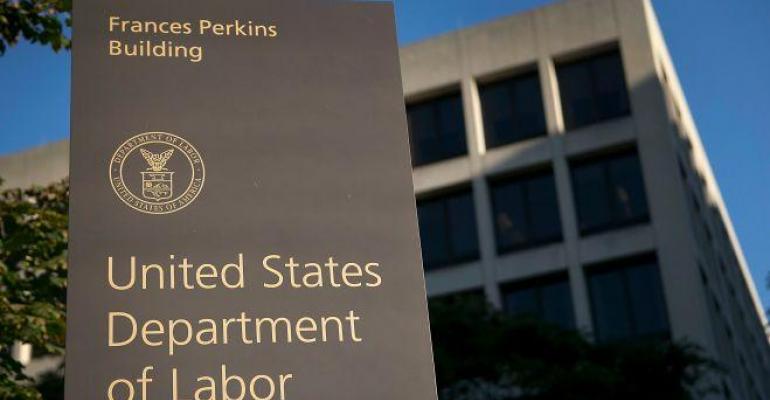As financial advisors prepare for the U.S. Department of Labor to finalize regulations meant to curb conflicts of interest in the retirement advice marketplace, one thing is abundantly clear for the financial services industry: there will be winners and losers.
Firms that prepare for change the fastest, adjust to industry developments, and establish themselves as the new thought leaders will succeed. Those who do not plan will suffer, or more likely, disappear.
While the proposed rules are substantial, they have not been finalized yet. And as the DOL continues to work through over 2,500 formal comments submitted since spring 2015, firms are uncertain about the timing and details of the proposed regulations, especially concerning expanding the definition of fiduciary to include anyone who gets paid for providing individualized retirement investment advice. As a result, many financial professionals are simply sticking to their current models with no DOL guidelines established at this point.
In my opinion, here is what we should expect:
- With a retirement crisis looming, the Obama administration will likely push to have the regulations finalized by the end of 2016 and in effect within the first few weeks of 2017, regardless of the presidential election results.
- The concept of fiduciary will broaden, fees will get squeezed, and the number of advisors will drop.
- The new regulations will have the biggest impact on the IRA rollover market, which according to Cogent Reports, has the potential to reach $382 billion this year.
- Firms will find it difficult to sell proprietary products.
- Disclosure and compliance costs will increase significantly.
- Firms will be forced to alter their businesses and/or compensation schemes to adhere to the new regulations.
Most industry observers suggest that the stated reason is the sole reason government is revisiting this issue. Certainly, clamping down on advisors who regularly act opportunistically, benefiting from commissions they receive from product providers to the detriment of their clients, is important. However, while such behavior does exist, in my experience it is certainly more the exception than the rule, and is only one of the many challenges faced by the retirement industry. The elephant in the room—and in my opinion the real reason for focusing on and pressing for change in general— is a looming retirement-funding crisis that the U.S. is wholly unprepared for.
With the development of 401(k) plans under the Revenue Act of 1978 and other cash or deferred arrangements (CODAs) decades before, the government recognized the need to promote retirement savings and allowed companies to create plans that allowed workers to save for retirement and defer income taxes. Now, many are becoming painfully aware these policies are not working as expected. It’s possible that addressing the Fiduciary Rule, may be the most convenient way for government to begin targeting the financial industry for more widespread change.
So, How Should Advisors Prepare?
The “winners” in this will be the financial services firms that help plan participants and IRA owners avoid a retirement savings crisis. Companies that combine retirement education and retirement-income products will be ahead of the curve. Providing the tools to forecast gaps in investing for retirement and convert information into projections will also dictate which firms are the new leaders.
Regardless of how the DOL’s final rules take shape, the entire conversation around conflicts of interest is healthy for the financial services industry and investors, providing transparency and insight into the retirement advice marketplace. As the U.S. braces for an inevitable retirement crisis, financial professionals who prepare best for the changes are likely to win the race for leadership in the retirement market. Those who are not ready will likely lose.
Terry Dunne is Senior Vice President and Managing Director of Rollover Solutions Group at Millennium Trust Company.





